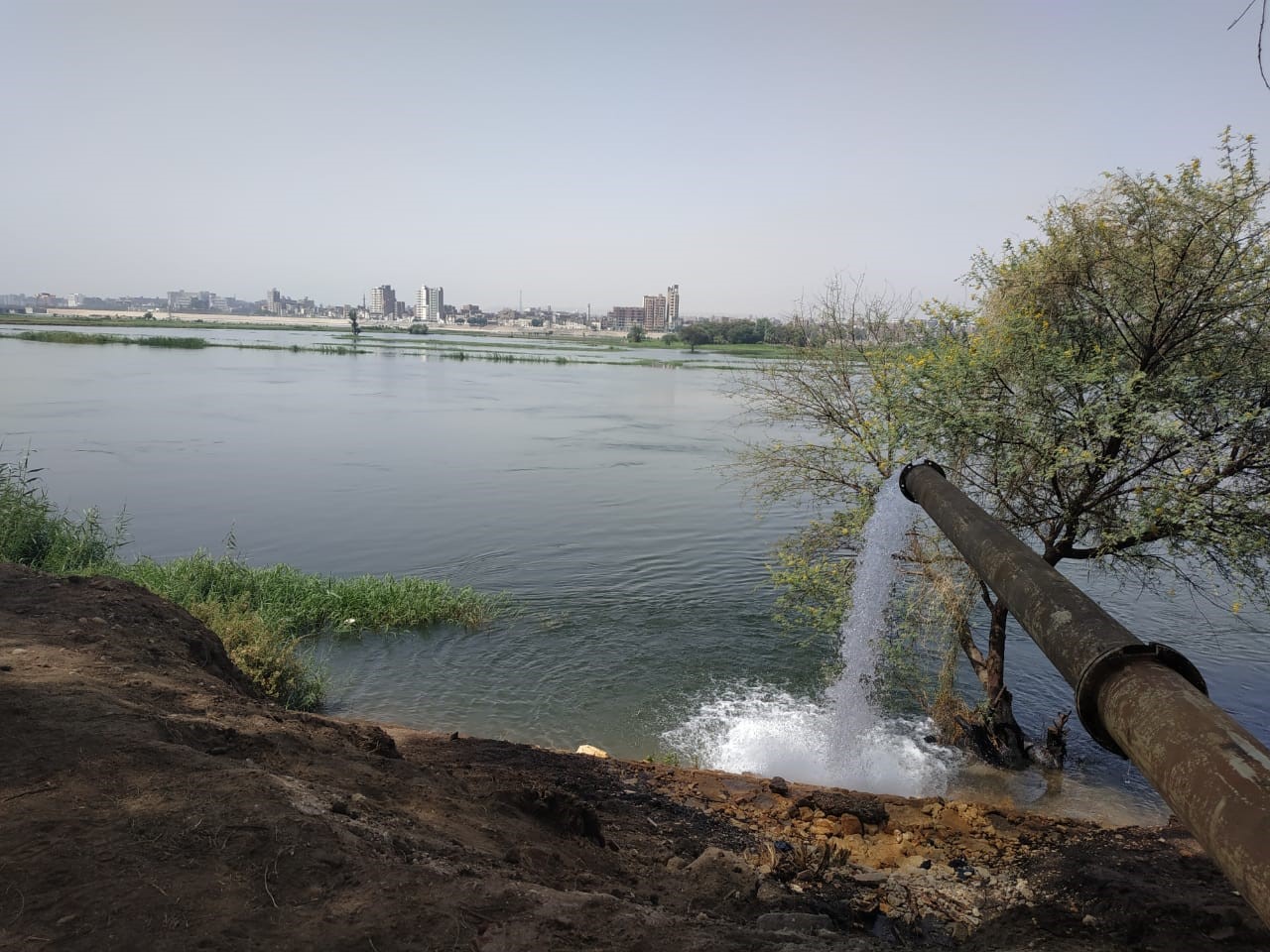Bani Morr and Abu Tig Assiut, Egypt, 12 August 2020 – UN-Habitat and its partners are supporting an innovation aimed at providing water to Egypt’s vulnerable populations which could help prevent the spread of COVID-19..
The programme “Supporting Innovation in Water and Sanitation in Egypt”, funded by Coca-Cola and Replenish for Africa and in partnership with the Egyptian Ministry of Housing and Urban Utilities and UN- Habitat, aims to support innovative technological approaches that can provide quick access and cost-efficient solutions for water and sanitation to vulnerable communities that can be replicated locally.
Water scarcity is a major problem in Egypt and is expected to worsen due to climate change, rapid population growth and disrupted flow of River Nile. Out of Egypt’s 27 Governorates, the Governorates of Upper Egypt such as Sohag, Assiut, and Luxor host over 90 per cent of Egypt’s most vulnerable and marginalized villages in terms of access, quality, affordability and sustainability of basic services.

The applied Riverbank Filtration technology (RBF) is cost-efficient in comparison to conventional large-scale water treatment stations, can be built rapidly, and is an environmentally friendly process which relies on natural soil filtration to treat the water, producing clean and potable water approved by the Egyptian Ministry of Health and Population.
Egypt has implemented response mechanisms to limit the spread of COVID-19 including a partial lockdown. Despite the operational challenges, Riverbank Filtration units’ test wells are now operating and the water quality is being tested in two of the intervention sites in Bani Morr, and Abu Tig, Assiut Governorate. The water is being discharged in the Nile until the water quality is stabilized according to the Egyptian water quality standard and will then be pumped directly into the local water network to supply the targeted vulnerable population, ensuring they have access to clean water as a basic necessity and prevention method against COVID-19.
This intervention is expected to benefit over 450,000 vulnerable people in three different governorates in Assiut, Sohag and Luxor, in Upper Egypt.